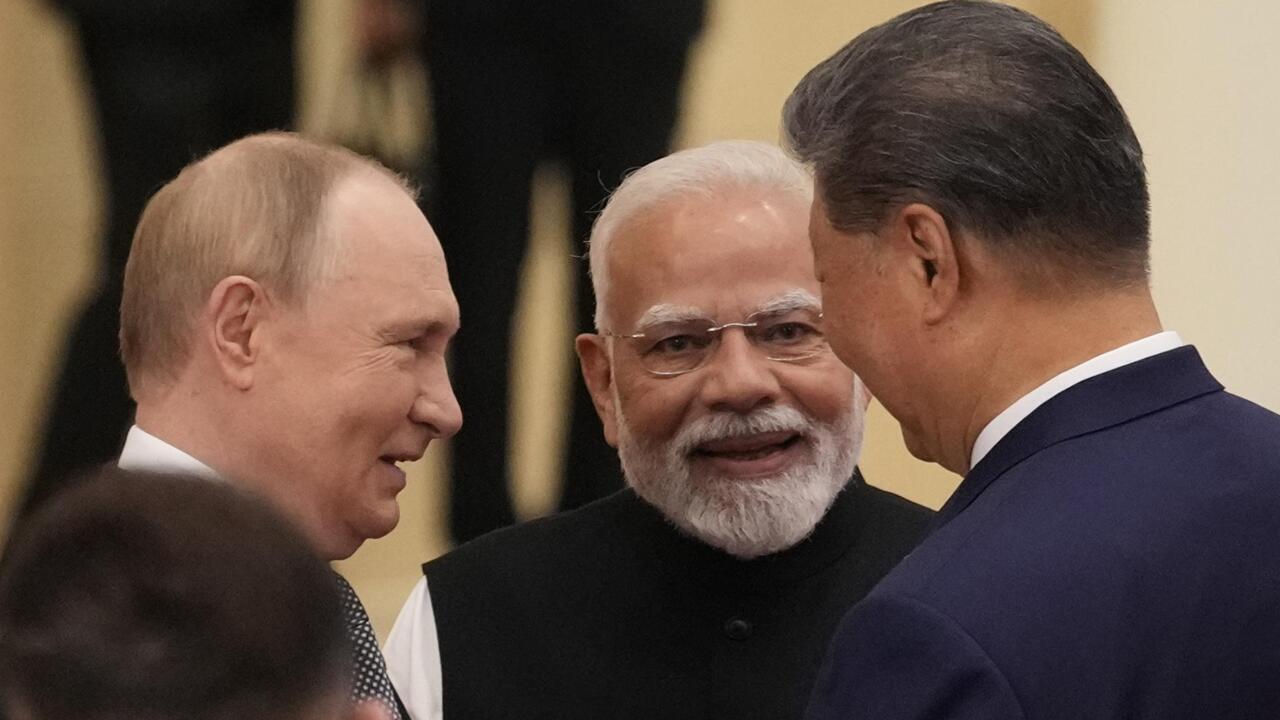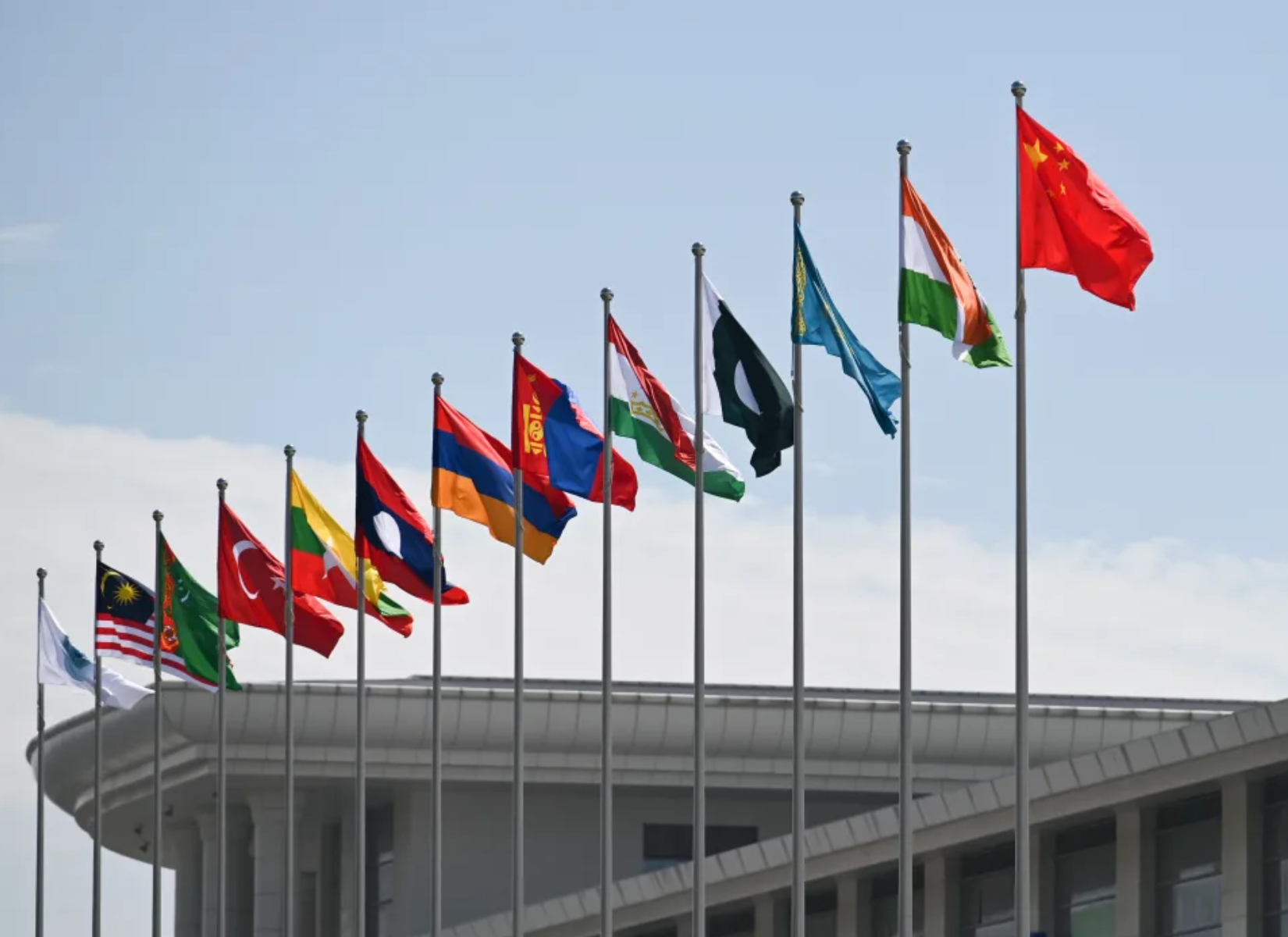The U.S. dollar has been the world’s currency for decades. It’s the safe place investors run to when things get messy, it’s how most commodities are traded, and it’s the backbone of central banks’ reserves. But lately, there are more and more signs that its grip on global finance is not as strong as it used to be.
Take Europe. The political crisis in France has weighed on the euro, with markets already pricing in a small discount against the dollar. If Marine Le Pen’s party were to win, the euro could weaken a bit more. A left-wing win could hurt it even further. But here’s the catch: what really moves the euro-dollar exchange rate isn’t Paris—it’s Washington. U.S. jobs data and the Fed’s next policy meeting will matter much more. Despite the noise, analysts at JPMorgan still expect the euro to strengthen in the months ahead, as interest rate dynamics shift in its favor.
The bigger story, though, is happening in Asia. At the recent Shanghai Cooperation Organization summit in Tianjin, China showcased its ambition to reshape the global order. The SCO, once a regional security forum, now represents almost half the world’s population and is turning into an economic bloc. Trade between China and SCO members reached more than $500 billion last year, with a huge chunk in energy. These flows, traditionally done in dollars, could increasingly be settled in local currencies like the yuan.
There’s also talk of creating an SCO development bank—a smaller version of the Asian Infrastructure Investment Bank—that would offer an alternative to the IMF or World Bank. And the summit wasn’t just about finance: members also pledged closer cooperation on artificial intelligence, showing that this is about building systems outside Western control.

Symbolism matters too. The image of Xi Jinping, Narendra Modi, and Vladimir Putin together in Tianjin sent a clear signal. Russia is already trading much of its energy in yuan, India is keeping its options open, and China is pushing its currency deeper into emerging markets. The dollar’s “exorbitant privilege”, as it’s often called, is being questioned more seriously than before.
To be clear, the dollar isn’t going away anytime soon. The U.S. Treasury market is still unmatched, and the Fed’s decisions ripple across the globe. But the foundations of a new, more multipolar system are slowly being built. The dollar is still king—but the world is changing.












